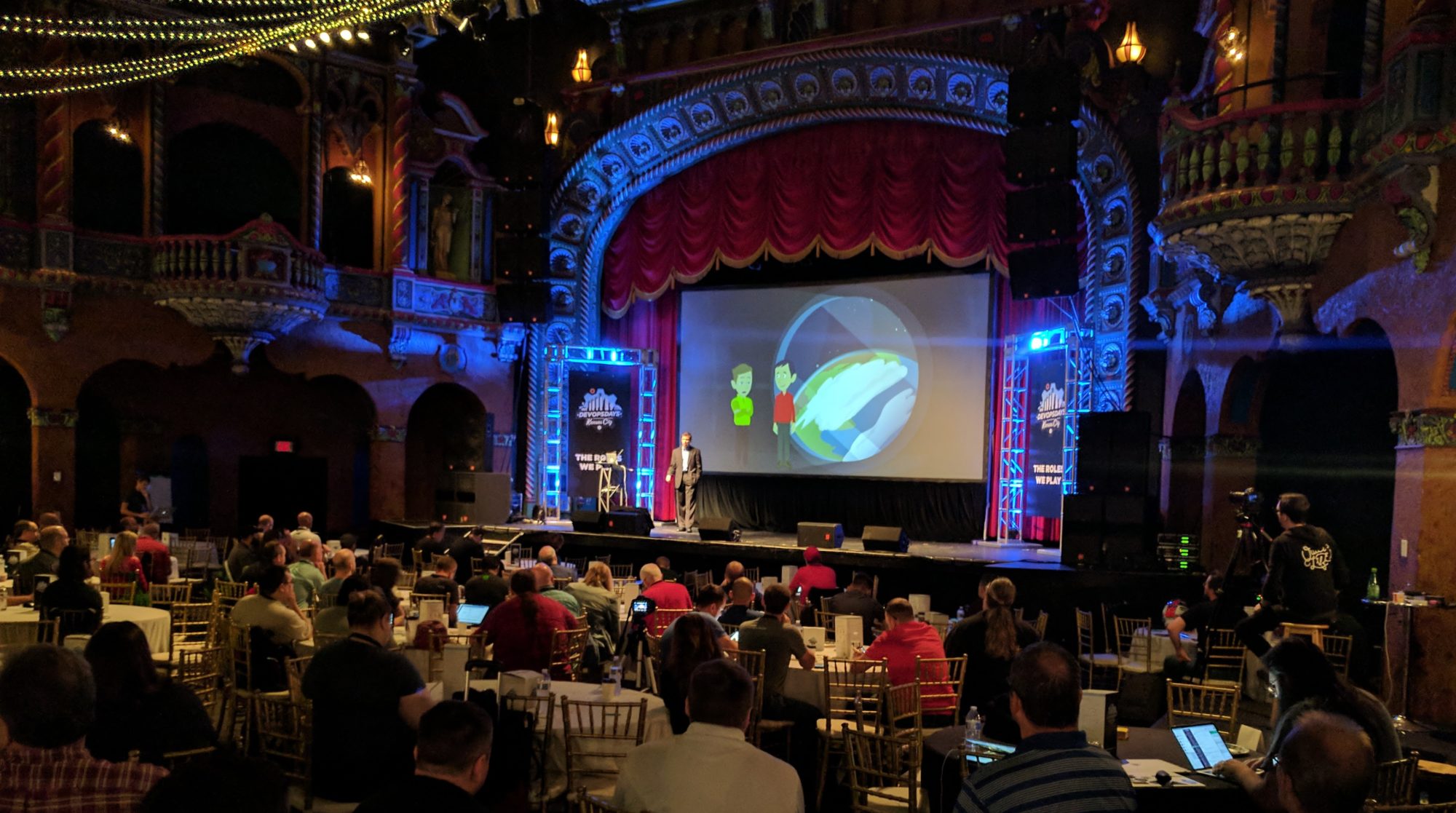Some employees work because it pays the bills. They don’t feel that their work is particularly meaningful or important. Others work with a sense of purpose because they feel like what they do matters. If your employees shift to treating their work as a “day job” (something that just pays the bills) you will see much less productivity. This partially depends on the employee, but it is even more dependent on the employer. Here are things to keep this from happening to your employees.
- Meaningful work — It is much easier to be passionate about something that you feel actually matters. Make sure your employees are doing things that matter. Make sure that they understand how their contribution helps the organization function as a whole.
- Pay for performance — If you want you’re employees to be passionate about their jobs then thier performance needs to somehow impact their life. One way to do this is to financially reward people productivity.
- Don’t throw work away — One of the fastest ways to destroy passion in your employees is to ask them to create something and then decide not to use it. Everyone wants their life to count for something, but if the results of their effort just gets thrown away they will just start “putting in their time” with little regard for quality. This isn’t to say that you can never change your plans, but good leaders know how to salvage people’s contribution even if their work is no longer needed for it’s original purpose. I’ve been in situations where I was given a difficult project to complete, but after successfully completing the project, management changed their mind and decided that what they asked for wasn’t what they really wanted anyway. If this happens once, employees will probably just consider it part of organizational change. If it happens several times in a row, most employees will stop putting any real effort into their work, saving their intellectual energy for areas where it might be valued.
- Get to know your employees — You need to know what makes your employees tick. It is much easier for someone to be fully engaged in their job if they feel like their boss understands their life goals.
- Invest in people — This can be done through coaching, sending people to a conference, or even just by buying them a book on some topic you’ve identified is important to them and their career. If your employees feel like they are just a means to a business goal, you aren’t going to get a high level of engagement in their work. Most people want to grow and they will give their loyalty to an organization that helps them to that end.

Having been on all sides of the table, I agree with your point wholeheartedly. My experience is somewhat different on two points:
1) It is quite possible to be totally committed and passionate about your day job. I work as a barista and love serving coffee and interacting with people. But at the same time, I am back in that work after being in something higher paying because it gives me the chance to unplug from work when I am off the clock and focus the core of my mental and emotional energy elsewhere.
2) Pay for performance only works for those driven by the particular motivation of pay. If anything, it actually decreases the meaningfulness of my work by focusing my attention more on quantifiable performance than overall excellence. That’s not to say it can’t be used to great effect, but only that it’s worth considering the type of people you have working for you and what drives them to be excellent first. And to do that, you have to already have succeeded at bullet 4 (getting to know them).
@Nate – Pay for performance only works if you pay for the right things. For example, if you pay call center employees based on how quickly they end a call you are going to have problems. If you pay them based on how satisfied the customers were, then you are going to probably have at least a better customer experience. The best approach is probably going to combine the customer satisfaction with the length of the call.
Most people work on the opposite extreme though. It doesn’t matter how hard or little they work–they get paid the same amount. I wonder how much productivity in the US would go up, if everyone was paid directly proportional to the value they bring to their employer. Obviously there isn’t an easy way to measure this, so it isn’t something that can be implemented.